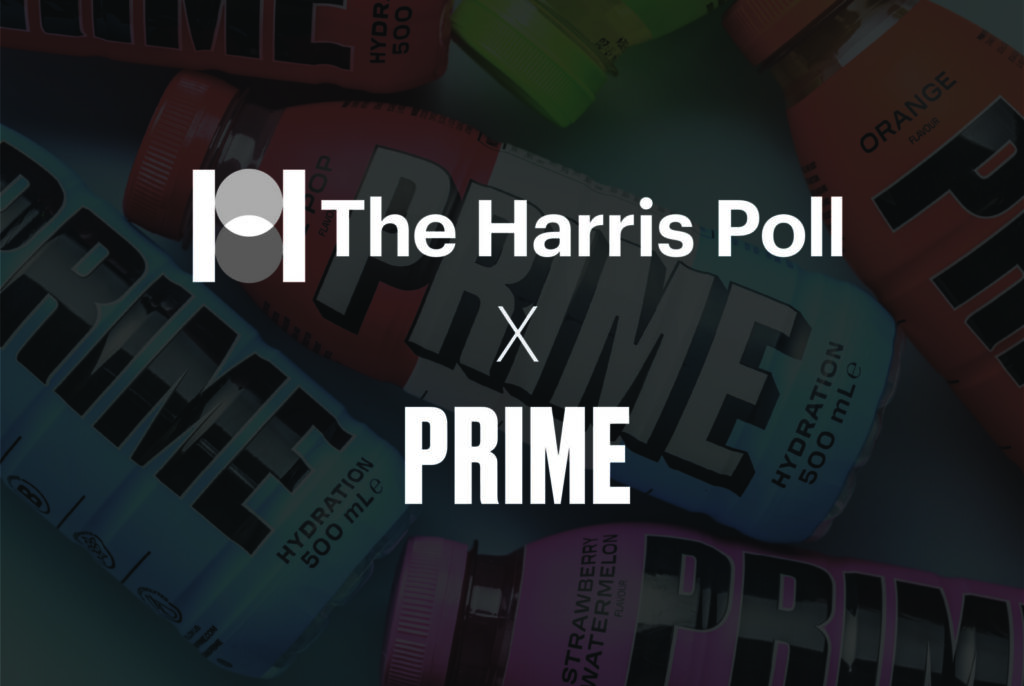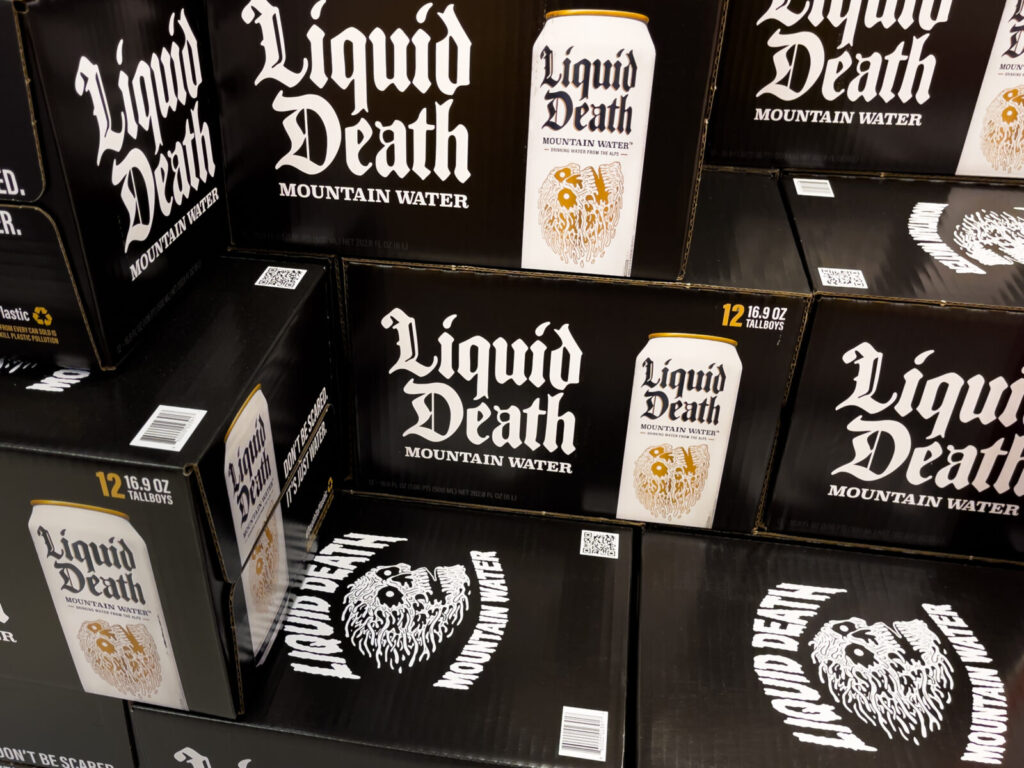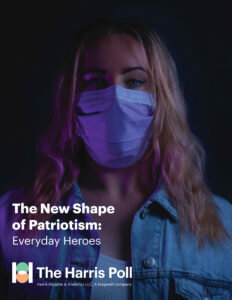Brief • 2 min Read
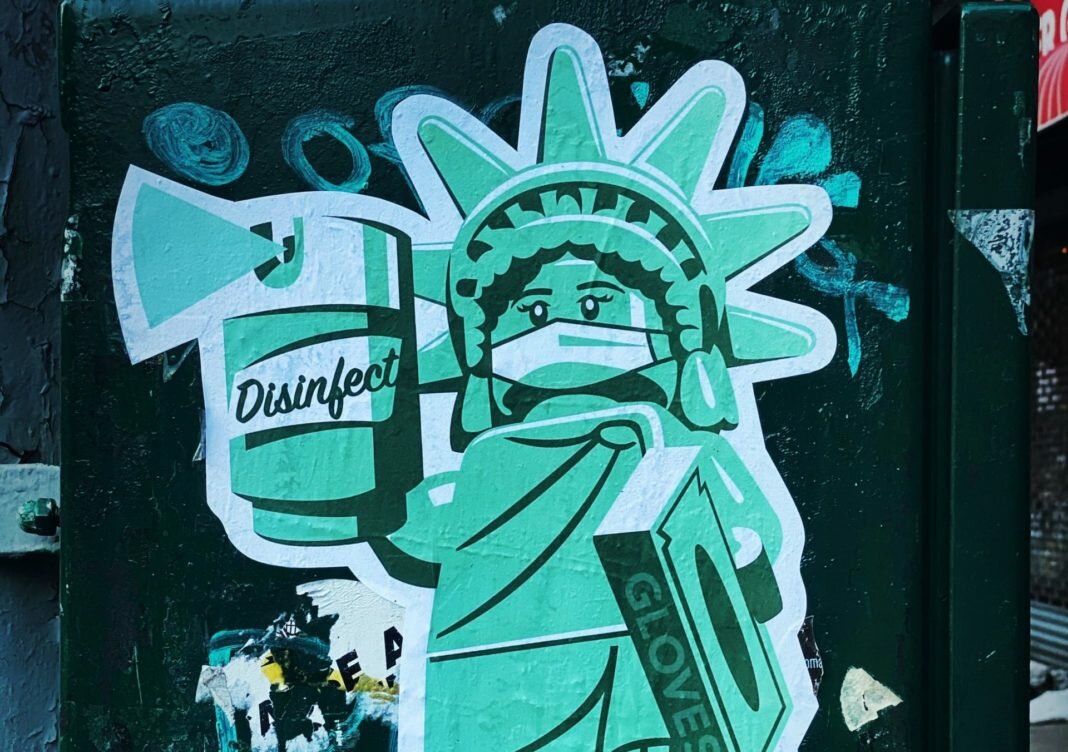
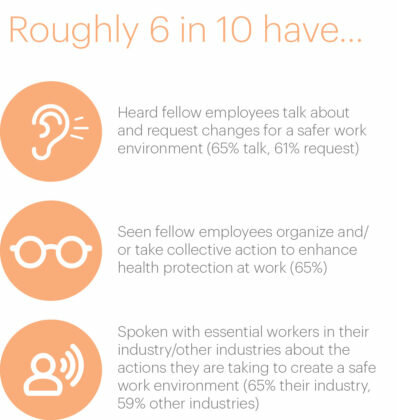
Most Everyday Heroes are feeling empowered to affect change at their job with regard to health and safety. The large majority agree ‘if I had an idea at work for creating a safer environment, my manager would sincerely listen to me’ (70%) and ‘I am NOT afraid to speak up at work for fear of punishment, such as being fired or getting less hours’ (73%). Still, 4 in 10 (40%) feel nothing would change if they made a recommendation for creating a safer work environment.
Personal perceptions aside, they are banding together with their fellow employees and other essential workers to fight for themselves.
When it comes down to it, we really are all in this together.
When Everyday Heroes were asked to describe how they themselves, their co-workers, and the public are feeling and acting right now, the same three attributes rose to the top: Concerned, Anxious, and Scared. This is not surprising as everyone continues to watch the number of COVID-19 cases and deaths rise, more and more restrictions put in place, and a general lack of clarity of how long this will last and what the future holds.
Yet, despite this shared trepidation, the most common attributes the public uses to describe the essential workers they come in contact with include Helpful, Kind, Pleasant, and Empathetic, demonstrating the unrelenting human spirit of these workers, who are heroes in every sense of the word.
Methodology
This survey was conducted online within the United States by The Harris Poll from April 6-7, 2020 among 530 “essential workers” who are not in healthcare or government. “Essential workers” are defined as individuals ages 18 and older who have been deemed essential by their employer and/or state and who must leave their home to go to work. Business areas include supermarkets/grocery stores, big box stores, restaurants/bars, transportation, gas stations, warehousing, manufacturing, construction, agriculture and food processing, among others. A separate online survey was conducted among a general public sample of 1,024 adults (ages 18 and older) during the same time period for a comparative viewpoint. These two online surveys are not based on probability samples and therefore no estimate of theoretical sampling error can be calculated.
Subscribe for more Insights
Subscribe to our newsletter for the latest trends in business, politics, culture, and more.
Related Content

